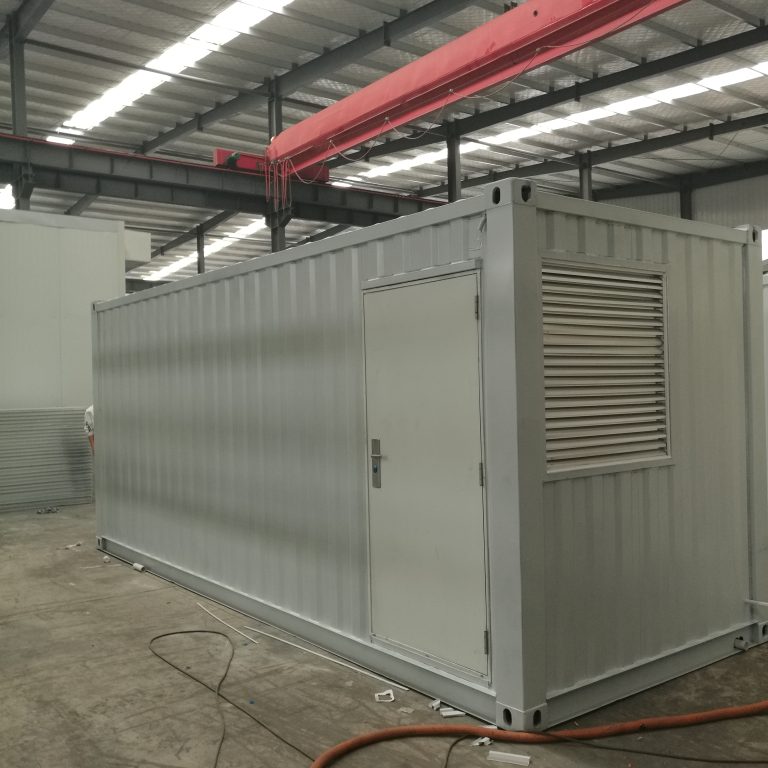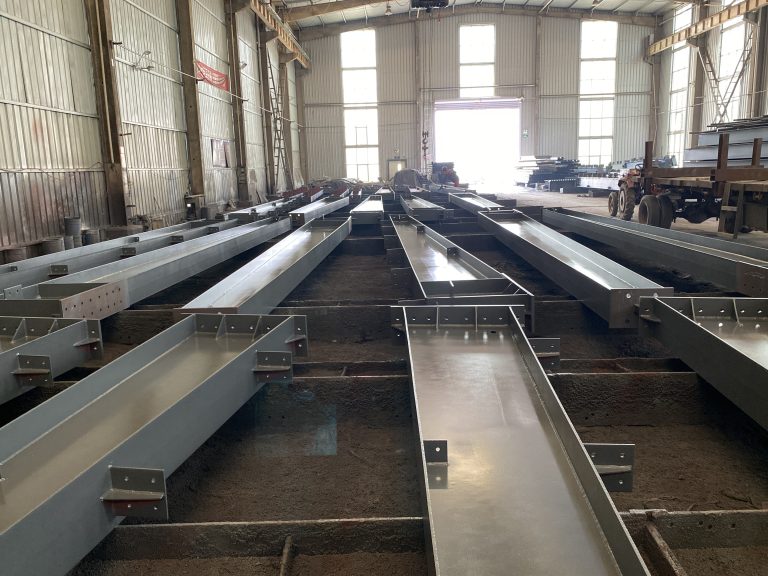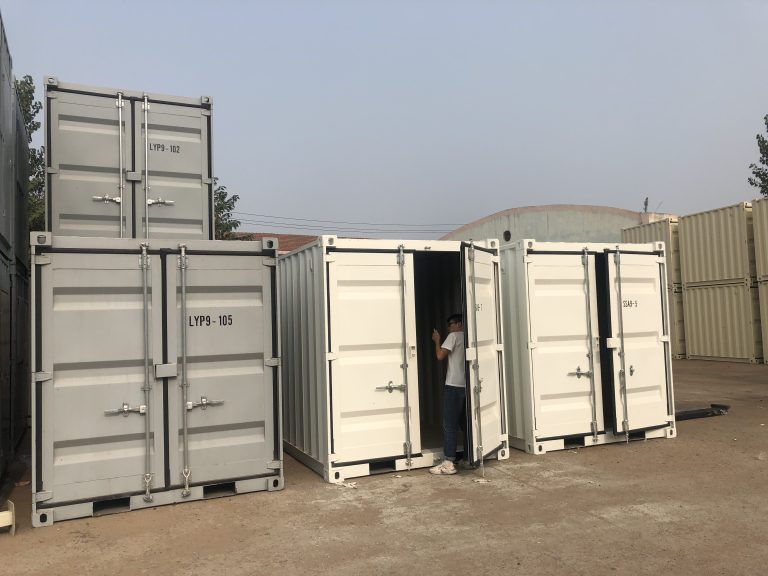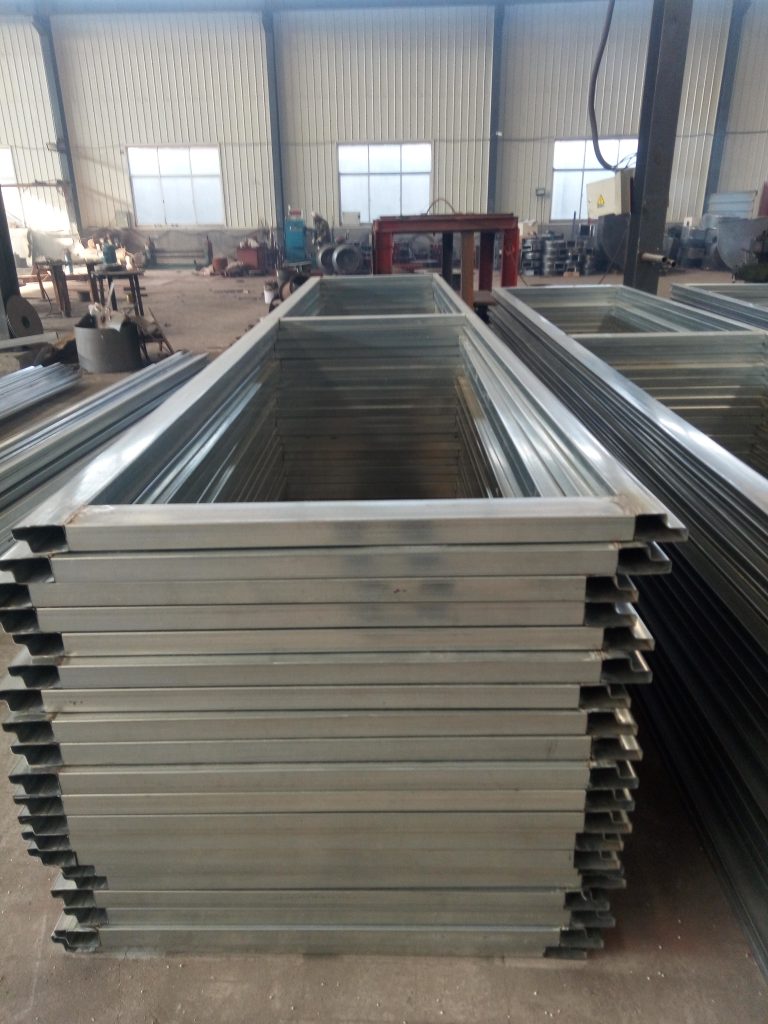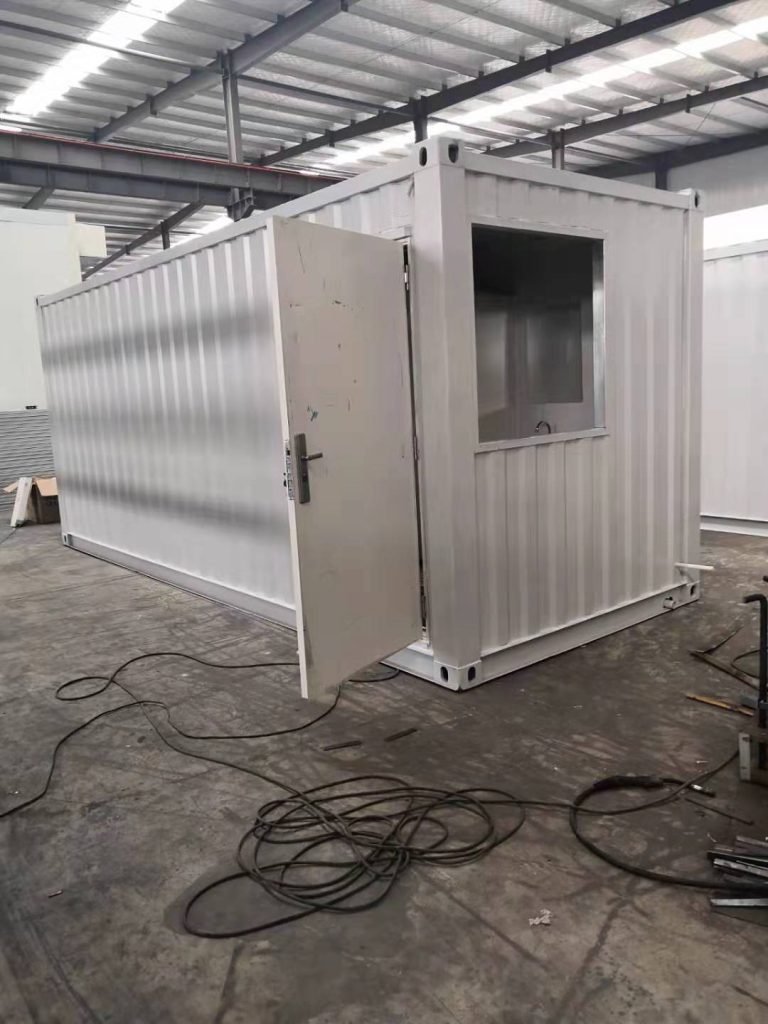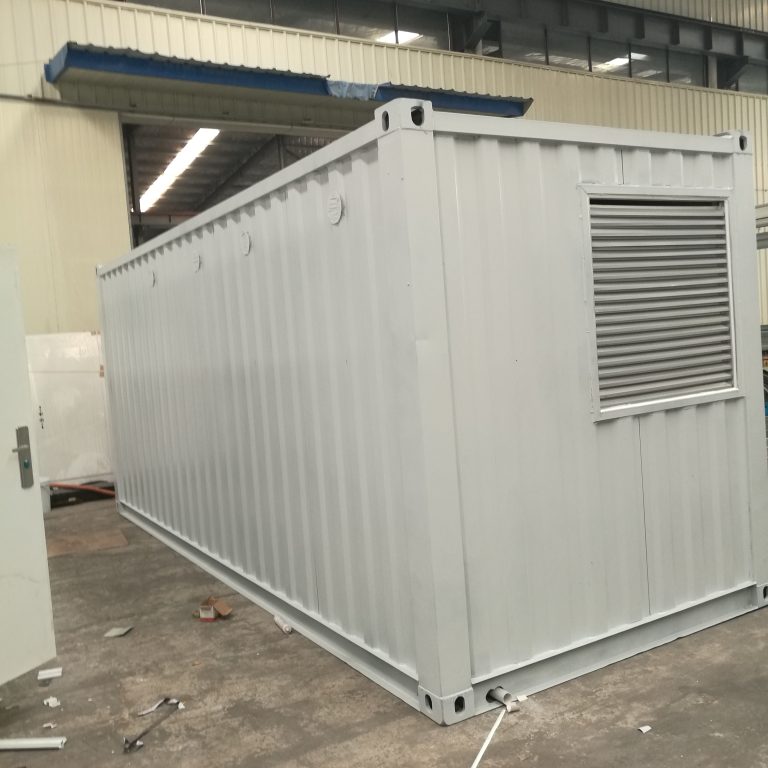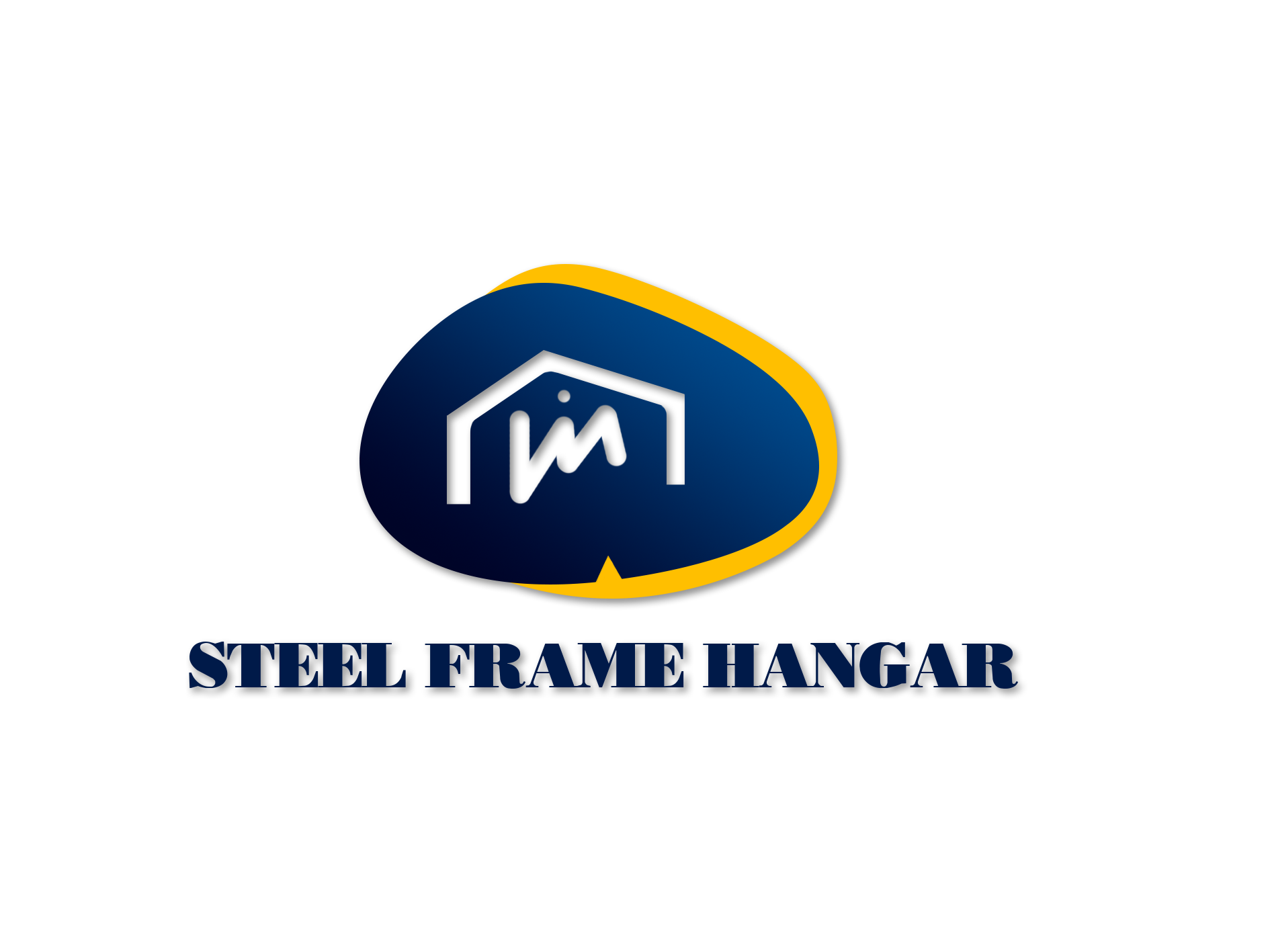The innovation of steel structure to enhance building durability in construction industry
Inhoudsopgave
Advantages of Steel Structure in Building Construction
Steel has long been a popular material in the construction industry due to its strength, durability, and versatility. In recent years, there has been a growing trend towards using steel structures in building construction to enhance durability and longevity. This innovation has revolutionized the way buildings are designed and constructed, offering a wide range of advantages that make steel structures an attractive option for builders and developers.
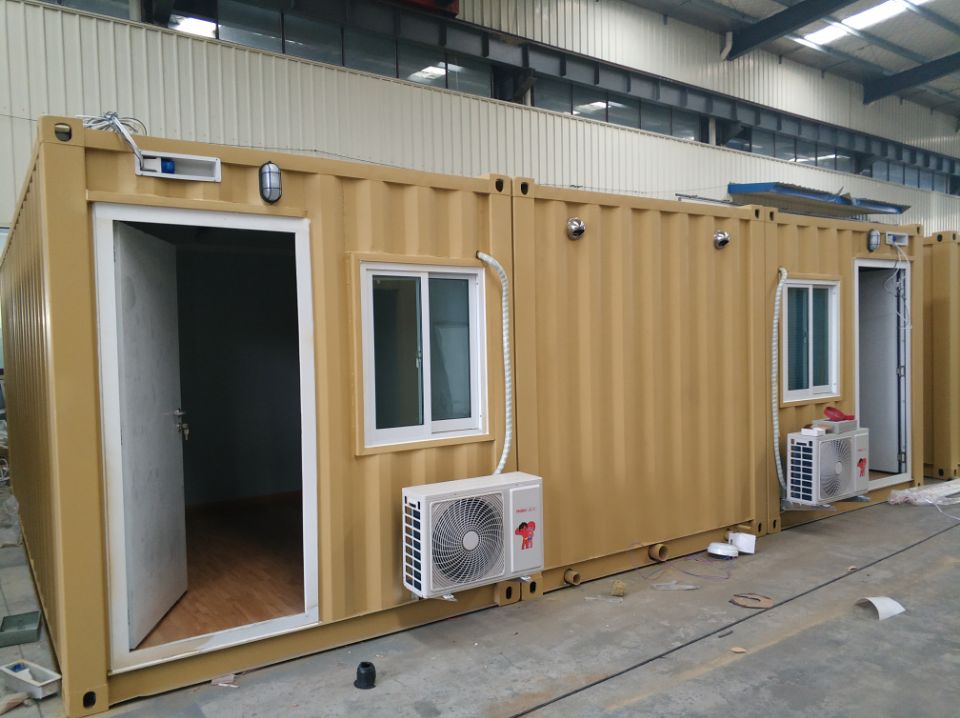
One of the key advantages of steel structures is their strength and durability. Steel is a highly durable material that can withstand extreme weather conditions, seismic activity, and other environmental factors that can cause damage to traditional building materials. This makes steel structures ideal for buildings that need to be able to withstand the test of time and remain standing for decades to come.
In addition to their strength, steel structures are also highly versatile and can be customized to meet the specific needs of a building project. Steel can be easily shaped and molded into a wide range of designs, allowing architects and designers to create unique and innovative buildings that stand out from the crowd. This flexibility in design is a major advantage of steel structures, as it allows for greater creativity and freedom in the construction process.
Another advantage of steel structures is their speed of construction. Steel buildings can be erected much faster than traditional buildings, saving time and money on construction costs. This is especially important in today’s fast-paced construction industry, where deadlines are tight and delays can be costly. Steel structures can be prefabricated off-site and then assembled on-site, reducing the time it takes to complete a building project and allowing for quicker occupancy of the building.
Steel structures are also highly sustainable and environmentally friendly. Steel is a recyclable material that can be reused and repurposed, reducing the amount of waste that ends up in landfills. Additionally, steel structures are energy efficient and can help to reduce energy costs over the lifetime of a building. This makes steel structures a sustainable choice for builders and developers who are looking to reduce their environmental impact and create more eco-friendly buildings.
In conclusion, the innovation of steel structures has revolutionized the construction industry and offered a wide range of advantages for builders and developers. From their strength and durability to their versatility and sustainability, steel structures are an attractive option for those looking to enhance the durability and longevity of their building projects. With their speed of construction and cost-effectiveness, steel structures are a smart choice for any building project looking to stand the test of time.
Future Trends in Steel Structure Innovation for Enhanced Durability
Steel has long been a popular material in the construction industry due to its strength, durability, and versatility. In recent years, there has been a growing trend towards the innovation of steel structures to enhance building durability. This trend is driven by the need for buildings to withstand increasingly severe weather conditions, as well as the desire to create more sustainable and environmentally friendly structures.
One of the key innovations in steel structure design is the use of advanced materials and technologies. For example, high-strength steel alloys are now being used to create lighter and stronger structures that can better withstand the forces of nature. These materials are also more resistant to corrosion, which can extend the lifespan of a building and reduce maintenance costs over time.
In addition to advanced materials, new construction techniques are also being developed to enhance the durability of steel structures. For example, prefabrication and modular construction methods are becoming more popular, as they allow for faster and more efficient building processes. These methods also reduce waste and improve quality control, resulting in buildings that are more resilient and long-lasting.
Another important innovation in steel structure design is the use of computer-aided design (CAD) and building information modeling (BIM) software. These tools allow architects and engineers to create more accurate and detailed designs, which can help to identify potential weaknesses in a structure before it is built. This can lead to more robust and durable buildings that are better able to withstand the test of time.
Furthermore, the integration of smart technologies into steel structures is also becoming more common. For example, sensors can be embedded in a building to monitor its structural integrity and detect any signs of damage or wear. This real-time data can help to prevent catastrophic failures and ensure that a building remains safe and secure for its occupants.
Overall, the innovation of steel structures to enhance building durability is an important trend in the construction industry. By using advanced materials, construction techniques, and technologies, architects and engineers can create buildings that are stronger, more resilient, and more sustainable. This not only benefits the owners and occupants of these buildings but also contributes to a more resilient and sustainable built environment for future generations.
In conclusion, the future of steel structure innovation holds great promise for the construction industry. By continuing to push the boundaries of materials, techniques, and technologies, we can create buildings that are not only durable and long-lasting but also environmentally friendly and safe. As the demand for more resilient structures continues to grow, it is clear that steel will remain a key player in the construction industry for years to come.

